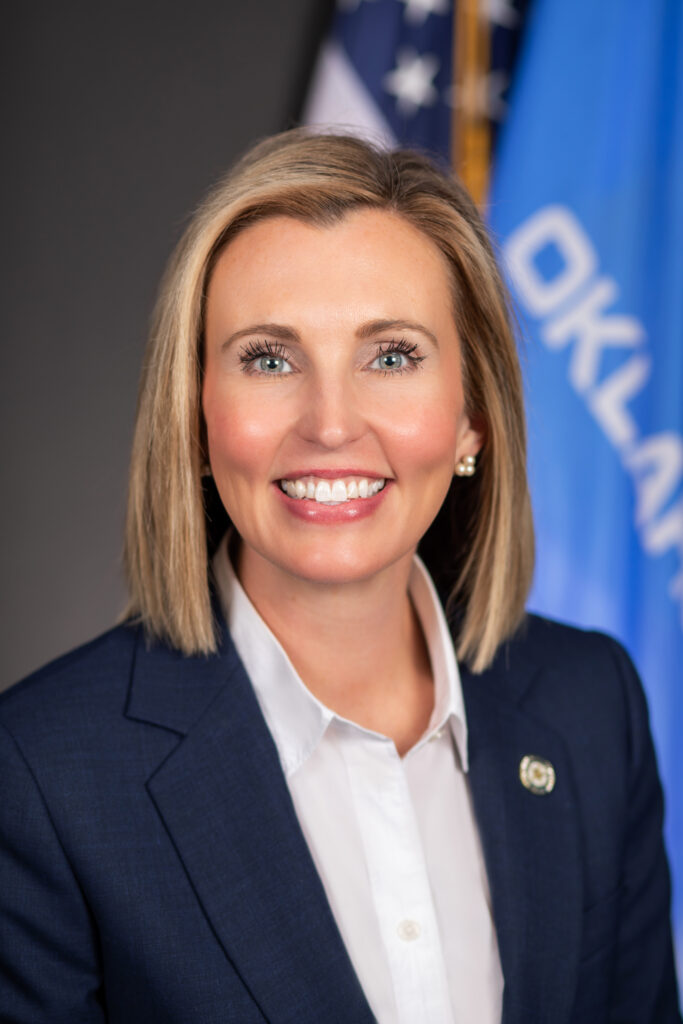OKLAHOMA CITY (OBV) — The Oklahoma State Senate’s effort to limit virtual education in schools is succeeding in the state legislature.
Senate Bill 758, written by Sen. Kristen Thompson, R-Edmond, has moved to the Oklahoma House of Representatives after passing the Senate with a 33-14 vote last week.
Senate President Pro Tempore Lonnie Paxton, R-Tuttle, vigorously championed the SB 758.

“Our students deserve a high-quality education, and that begins with ensuring in-person learning remains the foundation of our school system,” Paxton said. “Virtual instruction should be a tool for emergency situations, not a substitute for the critical, hands-on learning experiences that take place in the classroom. Senate Bill 758 provides the necessary guardrails to keep our schools focused on direct engagement between students and teachers while maintaining a degree of flexibility for truly exceptional circumstances. This is about striking the right balance to ensure that students, parents and educators can rely on a strong and structured learning environment.”
The bill prohibits school districts and charter schools across Oklahoma from counting virtual school days toward the 180-day or 1,080-hour school year requirement, except under specific circumstances listed in the bill.
Thompson and Paxton filed the bill last year in the form of Senate Bill 1768.
Like last year’s bill, SB 758 limits virtual classroom education to incidents of inclement weather, staff shortages, illness and building maintenance issues. Virtual learning can also occur when deemed necessary by school administrators and approved by the State Department of Education.

SB 758 also mandates the State Department of Education to begin publishing an annual report by June 30, 2027, detailing the use of virtual education in Oklahoma schools. The report will be published online and provided to the governor and legislative leaders.
“This measure ensures accountability and transparency while preserving limited virtual learning options, when necessary,” Thompson said. “Parents expect schools to be open and fully operational throughout the academic year. While technology can serve as a resource in emergencies, it should never replace the daily structure, and social interaction that come with traditional classroom instruction. Senate Bill 758 ensures that students aren’t missing out on critical learning time while still allowing for emergency closures when absolutely necessary. By requiring annual reporting, we are also ensuring that the public and policymakers have clear insight into how virtual instruction is being utilized across the state.”
Virtual learning became commonplace across Oklahoma and throughout the nation during the COVID-19 pandemic. Schools went virtual and many office employees worked remotely to minimize coronavirus’ spread.
Gov. Kevin Stitt issued an executive order ending the remote work option within state agencies.
“In the past several years, we have appropriated historic levels of funding to schools across the state,” Paxton said. “I believe returning to in-person work and cutting down on virtual days will improve productivity across state agencies, including public education.”
Education experts have found that virtual learning can be detrimental to children’s academic experience.
Harvard professor Stephanie Jones and Lecturer Emily Hanno conducted a study on childhood development, tracking children’s virtual learning experience during the pandemic.
Families who participated in the study said their children — young, elementary-age kids especially — experienced a rise in temper tantrums, anxiety and a poor ability to manage emotions.
“Parents reported that their children’s behaviors at home were worse during remote learning than during in-person learning,” the study states. “The results illustrate that parents perceived their children’s behaviors as having shifted systematically through the COVID-19 pandemic’s educational interruptions.”
The University of California, Davis, also conducted a study on virtual learning’s effects on students.
The change from a classroom setting to learning at home caused many students to experience undue stress, low levels of social inclusion and low satisfaction with school. Some students suffered mental health issues, according to the UC Davis study.

















